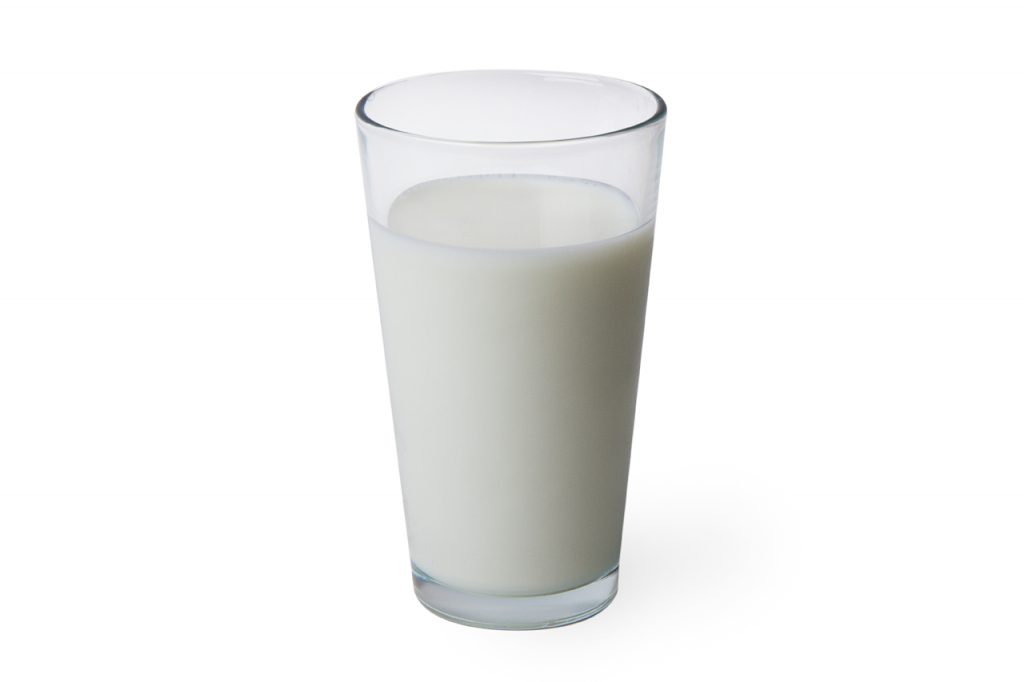Wisconsin Begins Mandatory Milk Testing for Avian Flu
More than 1,000 farms in 17 states have had cattle infected by the virus.
Wisconsin dairy farms will start to have their milk tested for the avian flu virus this week as part of a mandatory national surveillance program.
Samples will be primarily gathered through the current process for verifying a farm’s milk quality, said Adam Brock, administrator of DATCP’s Division of Food and Recreational Safety.
“What we’re trying to do is not waste the milk so it can still undergo its quality testing,” Brock said. “We take a small portion off for this specific H5N1 test. There’s little impact to the farmer on the front end, and we can continue to flow with the process.”
He said the Wisconsin Veterinary Diagnostics Laboratory has confirmed it’s able to handle the additional tests, which will add up to around 1,250 samples per week.
It’s a different process than other states have used to meet the mandatory testing requirements that were first announced in December. Wisconsin was one of the last states to enroll in the program this spring.
Brock said the large number of dairy farms in the state and unique needs of the industry means Wisconsin had to work with USDA on a state-specific approach. He said sampling milk silos at plants, the process that many states used, would not have been the best way to quickly identify which of the more than 5,000 farms in the state are affected.
“When you don’t do this close to the potential source, it delays the process of addressing the issue,” he said.
“There have been a lot of tests done in Wisconsin already, over 6,000 and at this point,” Romanski said. “We do not have H5N1. The National Milk Testing Strategy is set up, and hopefully what that finds is we continue to not have H5N1 here.”
More than 1,000 farms across 17 states have had cattle infected with the virus since it was first discovered in dairy cattle in Kansas and Texas over a year ago.
Farms with positive test can continue selling milk
Brock said DATCP will ramp up sampling in the coming weeks and will have samples from all farms coming in before the end of June. If no virus is detected after three months of sampling, he said the state can petition USDA to be considered “unaffected” and move to lower levels of surveillance.
In the event of a positive test, the affected farm will be placed under quarantine by DATCP’s Division of Animal Health. The order restricts the movement of cows on the farm, but does not prevent a farm from shipping milk that meets existing quality standards and will be pasteurized.
Allowing milk to continue to be sold follows practices already happening in states like California that have experienced avian flu outbreaks, said Brock.
“Neither the state, nor FDA, on the finished food side, has declared that a foodborne pathogen,” he said.
The clarification that milk can continue to be sold from an affected farm addresses some of the dairy industry’s biggest concerns about mandating milk testing.
“DATCP is really following what we know to be true — that milk can can continue to move through the supply chain because we do pasteurize that milk,” said Karen Gefvert, government affairs director for Wisconsin-based industry group Voice of Milk.
Gefvert said her organization has supported a sampling approach that limits the number of people or vehicles traveling from farm to farm, reducing a potential avenue for virus spread in the event a farm is positive. Her group was also pleased that DATCP chose not to take a separate sample at the farm-level, which Gefvert said can be disruptive for producers.
Wisconsin begins mandatory milk testing for avian flu was originally published by Wisconsin Public Radio.
If you think stories like this are important, become a member of Urban Milwaukee and help support real, independent journalism. Plus you get some cool added benefits.





















